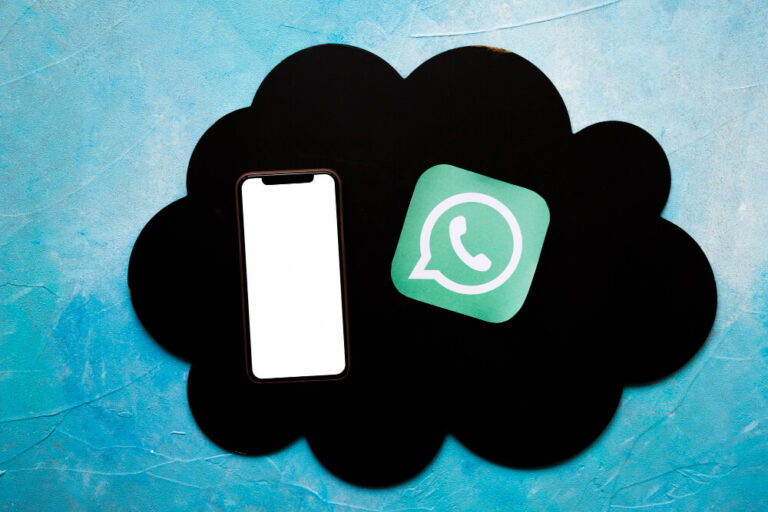
You are at your office, scrolling down the messages in your WhatsApp group and you see a colleague complaining about the boss or discussing confidential company information. Then, a few weeks later, that same colleague gets fired. Now, everybody is asking the same question, i.e., “Can the company use those WhatsApp messages against them?”
The short answer is yes, but it’s more complicated than you might think.
What Indonesian Law Says About Digital Evidence?
WhatsApp messages can be considered valid electronic evidence in legal proceedings under Indonesia’s Electronic Information and Transactions Law (UU ITE). This includes workplace disputes and employment cases.
The law recognizes several types of digital evidence:
- Screenshots of conversations
- Exported chat histories
- Voice messages and recordings
- Shared documents and images
But this doesn’t mean that WhatsApp chats used as evidence would automatically win cases. The evidence must meet specific legal requirements to be accepted in court or employment tribunals.
When WhatsApp Evidence Holds Up?
For WhatsApp messages to be legally valid, they must be authentic and unaltered. Indonesian courts look for several key factors:
Digital integrity – It means the messages aren’t edited or manipulated. It’s not easy to check because messages can be easily edited, deleted, and forwarded in WhatsApp.
Chain of custody – This requires clear documentation of how the evidence was collected and preserved. If your HR department screenshots a conversation, they need to show when, how, and by whom it was captured.
Relevance to the case – It needs to be there as random complaints about office coffee won’t support a termination for misconduct. If the messages are about policy violations or confidential breaches, then it may lead to termination.
The Gray Areas That Confuse Everyone
Here’s where things get messy for Indonesian workplaces. Many companies create informal WhatsApp groups for work communication, but employees often treat these spaces like casual social media.
When you join a work WhatsApp group, you’re technically consenting to that communication being work-related. But what about messages sent outside work hours? What about private conversations that somehow involve work topics? And what if your WhatsApp gets hacked and someone sends inappropriate messages to your colleagues or manager? What happens in that case?
Indonesian employment law doesn’t have crystal-clear guidelines for these situations yet. Courts typically evaluate each case individually, considering factors like:
- Whether the communication was work-related
- If company policies were communicated
- Whether the employee had a reasonable expectation of privacy
Privacy Rights vs. Company Interests
This is the big tension in Indonesian workplaces right now. Employees expect some privacy in their digital communications, even in work-related groups. Companies want to protect their interests and maintain workplace discipline.
The Privacy Law (UU PDP) adds another layer of complexity. Employers can’t just randomly monitor employee communications without proper justification and procedures. They need legitimate business reasons and must follow proper protocols.
However, if employees voluntarily share information in company WhatsApp groups, they’re essentially waiving some privacy expectations. The keyword here is “voluntarily” – coerced or secretly obtained messages face much stricter legal scrutiny.
What Types of WhatsApp Evidence Work in Employment Cases
Indonesian employment tribunals have accepted WhatsApp evidence in several scenarios:
Policy violations are documented through messages, like employees discussing how to bypass company security measures or sharing confidential client information inappropriately.
Harassment or discrimination cases where inappropriate messages create a hostile work environment. This includes offensive language, discriminatory comments, or threatening behavior documented in chat histories.
Time and attendance disputes where WhatsApp timestamps can verify when employees were actually working or communicating about work matters.
Breach of contract situations where employees discuss violating non-compete agreements or sharing trade secrets with competitors.
The Technical Challenges Courts Face
Indonesian courts are still learning how to handle digital evidence properly. Many judges don’t have the technical expertise to evaluate the authenticity of WhatsApp screenshots.
This creates inconsistent rulings across different courts and regions. What might be accepted as valid evidence in Jakarta could be rejected in Surabaya due to different interpretations of digital evidence standards.
The authentication process is particularly challenging. Unlike official documents with signatures and stamps, WhatsApp messages rely on digital markers that most legal professionals don’t fully understand.
What This Means for Your Workplace Rights
For employees, work-related WhatsApp can’t be private. Messages sent in official groups, discussions held with supervisors, can be used in disciplinary actions.
However, employers can’t just go through your personal messages looking for problems. They must have specific reasons and must follow proper procedures. Random monitoring or accessing personal conversations without consent remains legally problematic.
For employers, WhatsApp evidence can support disciplinary actions, but there are more things that need to be done. Things like following proper HR procedures, documenting everything correctly, and ensuring their policies are clear and communicated.
The Bottom Line for Indonesian Workers
WhatsApp has blurred the lines between personal and professional communication. These messages can be used as evidence, but there is still a lot to do to improve the legal framework.
Your best protection? Assume that anything you write in work-related WhatsApp groups could potentially be scrutinized later. Keep truly personal conversations in separate, private chats.
For companies, having clear digital communication policies and proper evidence handling procedures is becoming essential. The days of informal WhatsApp use without legal consequences are ending.
The technology moves fast, but the law moves slowly. Until Indonesian courts develop more consistent standards for digital evidence, both employees and employers need to navigate this space carefully.


